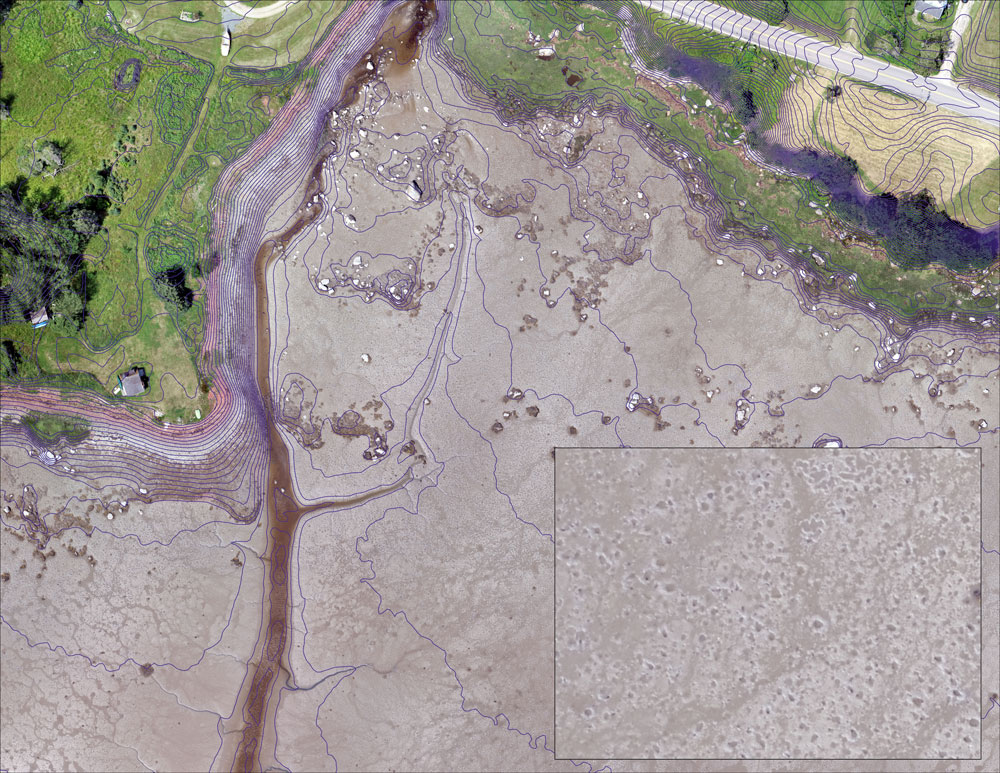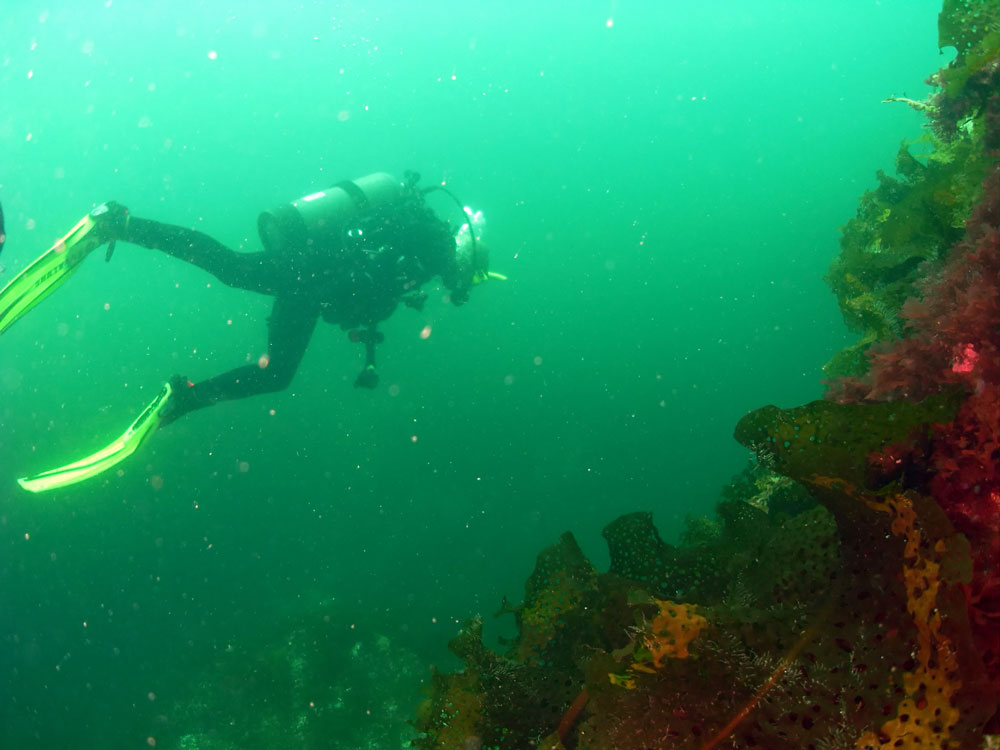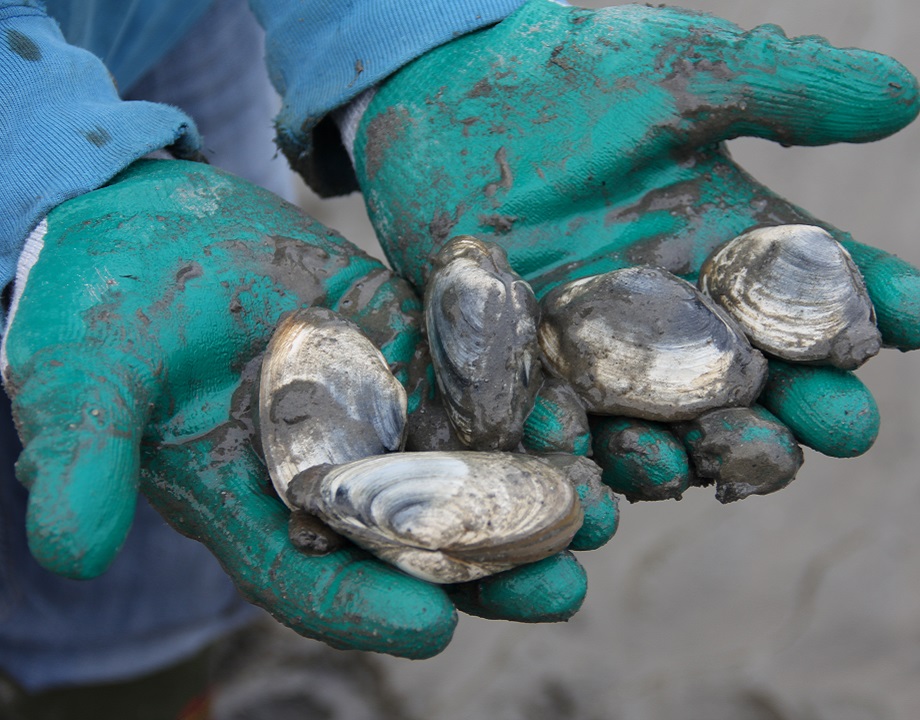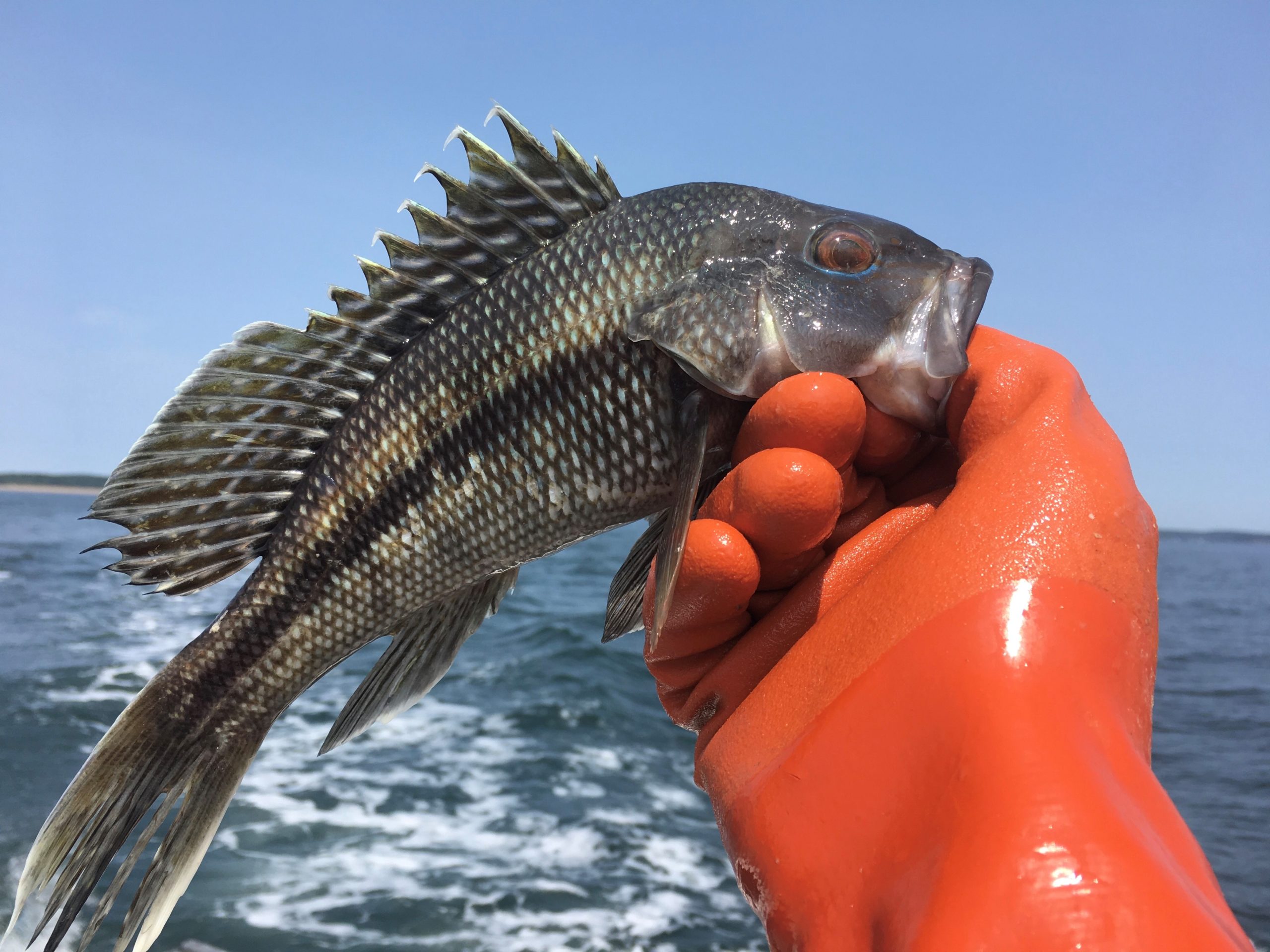Shellfish represent the second most valuable fishery in Maine (after American lobster). Wabanaki people have relied on and stewarded shellfish fisheries for millenia, and shellfish continue to support livelihoods across Maine’s coastal communities today. Despite their importance, shellfish landings in Maine are at historic lows—due to the effects of climate change and an increase in predators like the invasive European green crab (Carcinus maenas) and milky ribbon worm (Cerebratulus lacteus). Manomet is working with shellfish harvesters, managers, and other partners on a suite of projects aimed at enhancing shellfish resources, improving our understanding of intertidal ecosystems, and strengthening co-management.






 Back to all
Back to all

